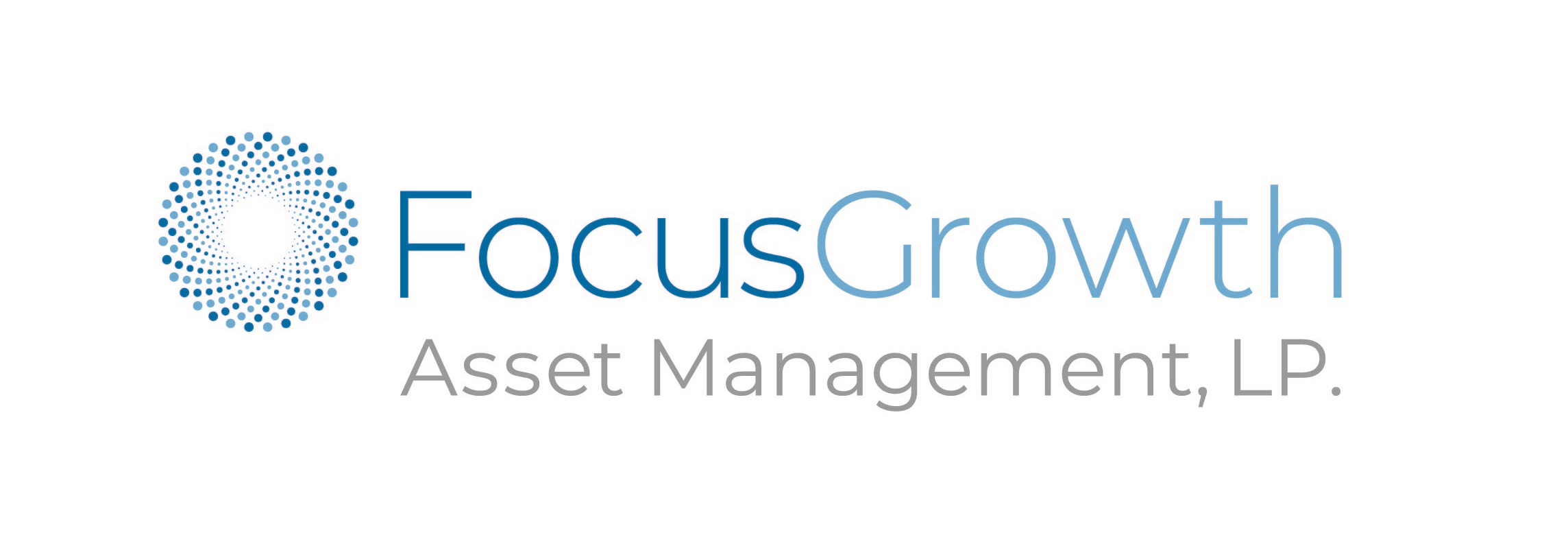
Q&A with John Lykouretzos, CEO and Co-founder of FocusGrowth Asset Management
CEO and Co-founder
Principal Series:
FocusGrowth Asset Management, LP (“FGAM”), founded in 2019, endeavors to be a high-quality capital partner in the cannabis industry, fueling growth of leading cannabis businesses and management teams. FGAM is exclusively focused on brick-and-mortar businesses in the legal cannabis industry. To find these deals, the team has proprietary sourcing channels and networks built through nearly a decade of industry experience.
FGAM believes debt and special situation equity investments provide the best risk adjusted return within the cannabis industry. As such, FGAM primarily targets loans that are secured by first liens on real estate, licenses, and equipment. These loans have mid-to-high teens yields with monthly or quarterly coupons.
FGAM has nearly fully invested Fund I and is actively raising Fund II.

Join us for a private Family Office Insights Webinar featuring John Lykouretzos, CEO and Co-founder of FocusGrowth Asset Management, LP (or “FGAM”). FGAM is an asset management firm focused on providing growth capital to companies in the cannabis sector. Prior to FGAM, John founded Hoplite Capital Management, L.P. and was the firm’s CIO for 16 years. John was also an Analyst/Portfolio Manager at Viking Global Investors, LLC, Tiger Management Corporation, and Goldman, Sachs & Co.
May 26, 2022 at 2:15pm-3:15pm EST
RSVP & Confirmation Required

Family Office Insights is a voluntary, “opt-in” collaborative peer-to-peer community of single family offices, qualified investors and institutional investors. Join the community here www.familyofficeinsights.com
Can you discuss your funds’ focus and return expectations?
FocusGrowth Asset Management, LP (“we” or “FGAM”) expects that the funds it manages will primarily invest in credit-focused products. As a general matter, we endeavor to invest in senior secured loans with a modest loan-to-value (“LTV”) ratio. The Funds’ investments are expected to generate an internal rate of return (“IRR”) (on a gross basis) in the mid to high teens. In addition, the Funds’ may receive equity warrant coverage.
We intend to use our flexible investment mandate to creatively provide financing solutions to the right companies. We are investing in a dynamic and rapidly growing industry and providing growth capital to companies that we believe are run by the best operators, possess competitive assets, and operate in attractive markets. As our portfolio companies grow revenue and cash flow, their risk profiles also improve, and as they seek increased amounts of capital to continue to grow, we endeavor to grow with them. Already, we have executed on several opportunities to modify initial loan agreements with portfolio companies in order to provide them with additional growth capital and/or refinance their existing loans.
What differentiates FGAM from other lenders in the cannabis market?
Strong history of managing a diverse range of cannabis businesses
- Since 2013(prior to FGAM), members of our team have had hands-on executive level roles that include founding, growing, managing, and exiting companies involved in the cultivation, processing, dispensing, and testing of cannabis
Robust and proprietary industry network
- As first movers and long-term operators in the cannabis industry, we have a vast network of public and private cannabis operators and entrepreneurs, and a comprehensive, feet-on-the-ground presence and knowledge of local cannabis markets. We have competed against, purchased products from and sold products to the largest and, in our view, most promising companies in the industry. “We know what is under the hood.”
Experienced capital stewardship in the cannabis industry
- In the nascent cannabis market, partnering with experienced capital fiduciaries is vital. Members of our team have a history of being good stewards of capital and making and exiting successful credit and equity investments in the cannabis sector.
Deep legal and regulatory cannabis expertise
- We possess a comprehensive understanding of highly regulated cannabis frameworks —crucial for identifying and unlocking value within fragmented jurisdictions in the U.S. and markets worldwide. We seek to maximize investment opportunities by capitalizing on our legal expertise in developing tailored debt/equity structures that seek to mitigate specific risks.
Can you discuss legal/regulatory risks to investors?
With cannabis, there is a difference between theoretical risk and actual risk. We are focused on actual risks and view the theoretical risks as a reason for the attractive investment opportunities.
The reason we say “theoretical risk” is because we are not aware of any state-compliant cannabis business, let alone any investor or lender in a state-compliant business, which has been prosecuted by any federal or state authority. We certainly appreciate that trafficking marijuana (and aiding and abetting) is technically illegal under the Controlled Substances Act (and could raise other legal issues, such as money laundering and the like); but there are a number of practical, legal, and legislative mitigants. All of these mitigants revolve around compliance with the state laws and regulations that give rise to the state-legal cannabis businesses that we invest in. And our team consisting of lawyers and operators possess substantial experience in the cannabis industry and are uniquely equipped to ensure that the Fund is only investing in compliant businesses.
For example, for the past 7 years, there has been a rider to every spending bill (originally referred to as “Rohrabacher-Farr Amendment”) that restricts the Department of Justice (the “DOJ”) from expending any resources to prosecute state compliant medical marijuana participants. Assuming this rider continues to be included in spending bills going forward (and we have no reason to believe it won’t), Congress has effectively legalized intrastate medical marijuana activity in the states where it is legal.
In addition, there is the “Cole Memo” (which was a DOJ guidance that de-prioritized the enforcement of the CSA against state-compliant cannabis participants), which while rescinded in January 2018, is still followed by most US Attorneys in states where there is a legal cannabis program. The Cole Memo provides a number of factors where enforcement of the CSA is appropriate - all of which are indicative of a company acting in violation of state laws and regulations (e.g., selling to children, crossing state lines, using firearms, growing on federal land, etc.)

John Lykouretzos, CEO and Co-founder of FocusGrowth Asset Management
Contact Lauren: lhipple@focusgrowth.com
